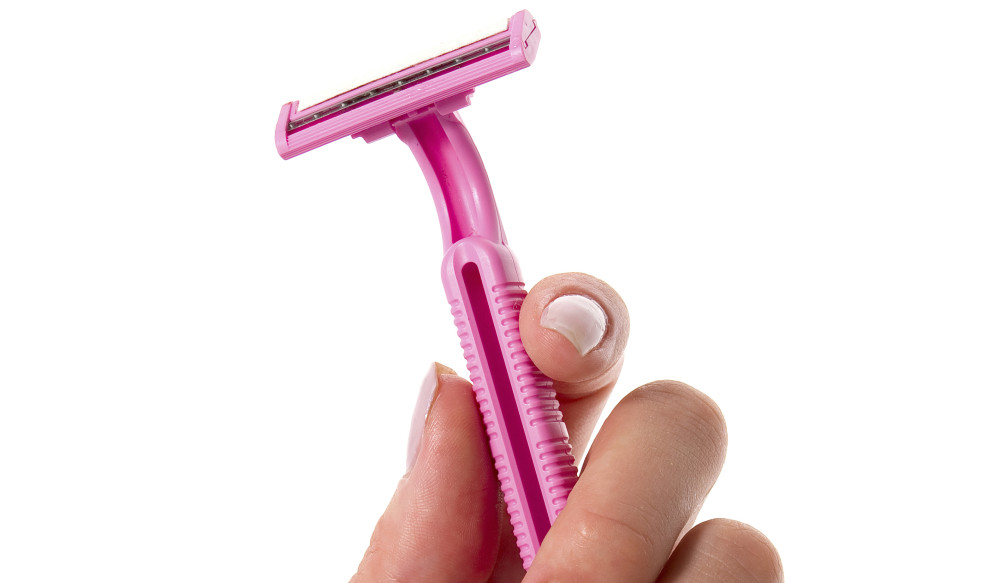By Alia Ismay
The San Diego Union-Tribune
WWR Article Summary (tl;dr) The disparity in pricing of products by gender has been called the so-called “Pink Tax” which essentially flys in the face of the economic empowerment of women. While it is a commonplace practice across the country, there are cities and states (like California) which are trying to do something to end the discrimination.
The San Diego Union-Tribune
California legislators banned gender discrimination for services such as dry cleaning in 2001, and then prohibited discrimination against women in workplace compensation in 2015. Now a new bill aims to take the next step — banning gender discrimination in the price of goods.
The bill is authored by Sen. Ben Hueso and Assemblywoman Lorena Gonzalez, both San Diego Democrats.
“It is fair that retailers make a profit,” Hueso said, “but not when they go out of their way to test what consumers are willing to put up with.”
The practice of targeting a certain population is not fair, Hueso said. The bill is about giving consumers a fair deal.
“We are in a country and state of people living under a lot of pressure,” Hueso said. “This bill can help save consumers a lot of money.”
A recent search of Target products online showed that prices for a children’s interactive book were gender-based. The Hots Dots Jr. Princess Fairy Tales interactive book was priced at $19.99, while the gender neutral Favorite Fairy Tales version was $17.48.
The classic red Radio Flyer tricycle was available online for $59.99. The same tricycle in pink was $64.11.
Men’s boot-cut Mossimo jeans were priced at $24.99, while women’s were $27.99.
Walmart had similar pricing discrepancies. A Faded Glory men’s polo went for $5.82, and the women’s polo was priced at $7.94.
At Macy’s, the men’s classic Ralph Lauren polo shirt was $85 online, and the women’s “boyfriend-style” polo was $98.50.
The New York City Department of Consumer Affairs released a study in December that reviewed 35 product categories and 794 individual products. The study found that women were charged more than men 42 percent of the time for substantially the same product, while men were charged more 18 percent of the time. In 30 of the 35 product categories, women’s products were priced higher.
Since the study was published, hundreds of people have tweeted their examples of #genderpricing from all over the world. The disparity is also known as the “pink tax.
buy viagra sublingual online www.adentalcare.com/wp-content/themes/medicare/editor-buttons/images/en/viagra-sublingual.html no prescription
”
Hueso’s Senate Bill 899 is sponsored by the Consumer Federation of California. It states that “no business establishment of any kind whatsoever may discriminate, with respect to the price charged for goods of a substantially similar or like kind, against a person because of the person’s gender.”
Products are defined as “substantially similar” when they are the same brand, have the same functional components and share 90 percent of the same materials or ingredients. The bill excludes food products.
The bill does not prohibit price differences based on labor, material or other “gender-neutral” factors that contribute to the cost of producing a good.
The bill passed the Senate Judiciary Committee on a 5-1 vote on April 12. Sen. John Moorlach, R-Costa Mesa, was the only opposing vote. Sen. Joel Anderson, R-San Diego, did not have a recorded vote.
Moorlach told The Orange County Register his vote was based on free market principles, that women don’t have to buy an overpriced item.
“If you don’t want to buy it, you don’t buy it,” he said.
Senator Pat Bates, R-Laguna Niguel, who represents part of northern San Diego County, said she supports the idea, but not this bill in particular. She said it ” will cause more problems than it will solve.”
Seventeen organizations have officially supported the bill, including the American Civil Liberties Union of California and the California Public Interest Research Group.
“Girls shouldn’t have to pay more because they like pink, but we know it’s often true,” said Emily Rusch, executive director of the California Public Interest Research Group. “Products can cost more or less from many reasons, but it should not be based on who it is marketed to.”
Sen. Marty Block, D-San Diego, supports the legislation.
“I think Senator Hueso’s bill is a reasonable effort to end a double whammy for women: paying more for common goods than men while also earning less,” Block said. “It is not equitable that women pay as much as 13 percent more, according to one study, for items like razors, toys and other common products than men do — especially when women still face a pay gap. This is an injustice that can be remedied.”
Ten organizations oppose the bill, including the Civil Justice Association of California, which advocates against “shakedown” lawsuits against businesses.
“We still fear that the bill will provide a litigation trap for retailers,” said Kim Stone, president of the Civil Justice Association.
The prices often don’t come from the retailer, but from the manufacturer, Stone said. The bill puts retailers in the awkward position of determining what gender might be assigned to a product, she said.
California already has the strongest laws against gender discrimination and this bill seems superfluous, Stone said.
The bill is awaiting consideration by the Senate as a whole, and then would proceed to the Assembly. Given the lobbying against the bill, Hueso said, it would most likely pass at the end of the legislative session, in the fall, and would take effect in January if Gov. Jerry Brown signs it.














































































































































































































































































































































































